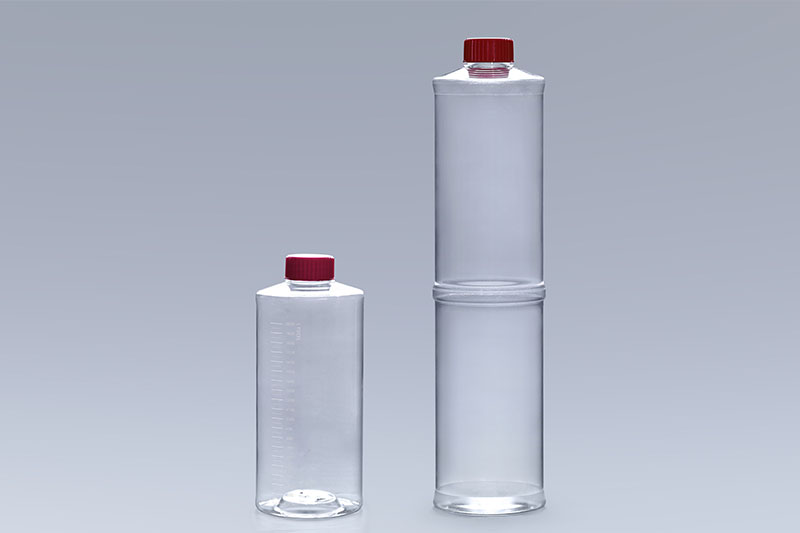Cell culture is a form of tissue culture, which has been widely used in the fields of biopharmaceuticals, monoclonal antibodies, immunotherapy, stem cell therapy, etc. Cell culture roller bottles are commonly used consumables in the cell culture process, and they have very high requirements on materials, generally USP Class VI medical materials.
The material of the cell culture roller bottle should meet the needs of cell growth. The United States Pharmacopeia (USP) is a nongovernmental organization that supports public health by developing up-to-date standards to assure the quality of pharmaceuticals and other medical industry technologies. USP Class VI medical materials are the gold standard of the United States Pharmacopoeia for various medicines and raw materials, and are also a very high-quality choice for medical device manufacturers. According to the USP-NF general rules, plastics subjected to in vivo biological response tests will be classified as designated medical plastics. The purpose of the testing is to determine the biocompatibility of plastic products for use in medical device implants and other systems. USP defines six testing levels, from I to VI, plastics rated as US Medical Plastics Level VI mean that the most comprehensive and rigorous testing has been established.
The selection of USP Class VI polymer materials for cell culture roller bottles is the key to ensuring the smooth progress of cell culture experiments, and is also a basic requirement in the fields of biopharmaceuticals and clinical treatment. With the development of technology and the continuous emergence of various polymer materials, cell culture roller bottles will also be able to meet more and more experimental needs.
 Cell Culture Roller Bottles
Cell Culture Roller Bottles
评论
发表评论